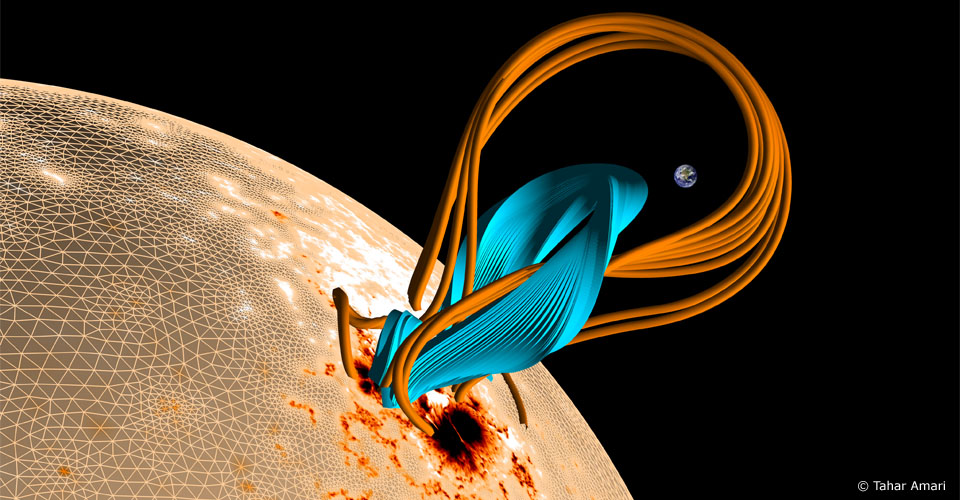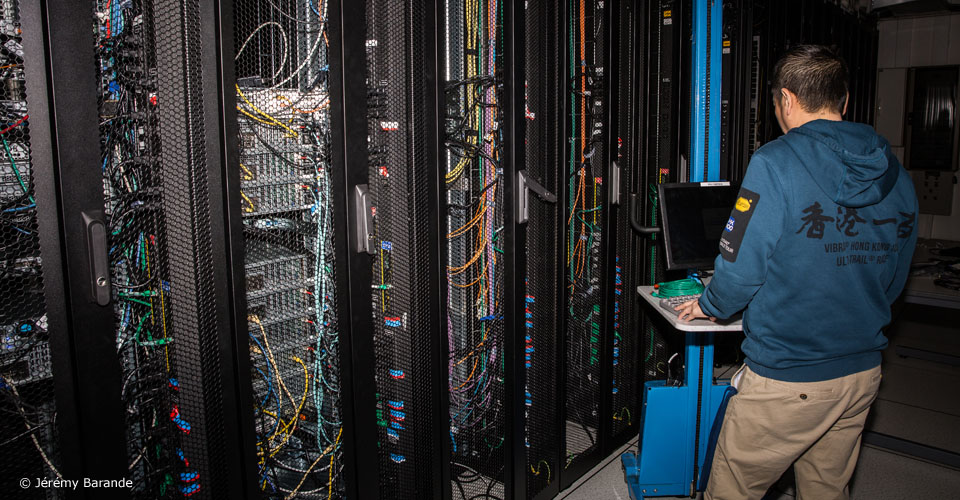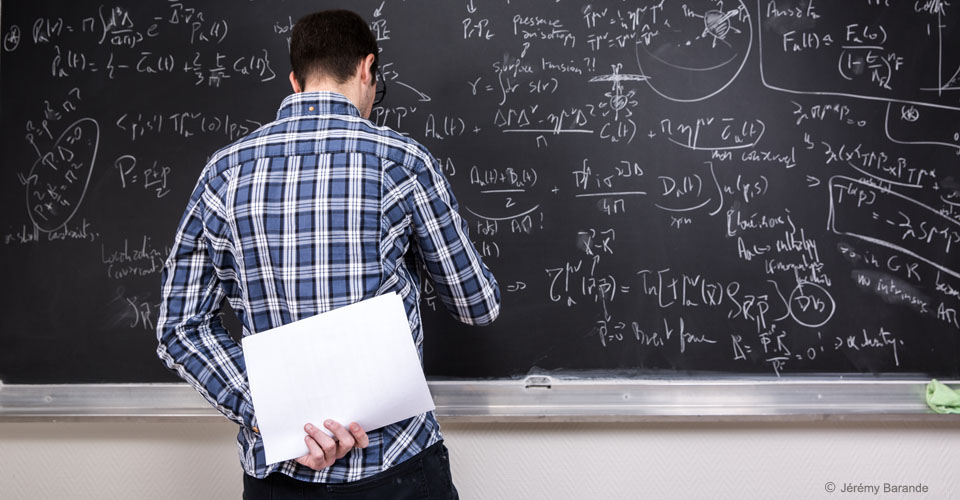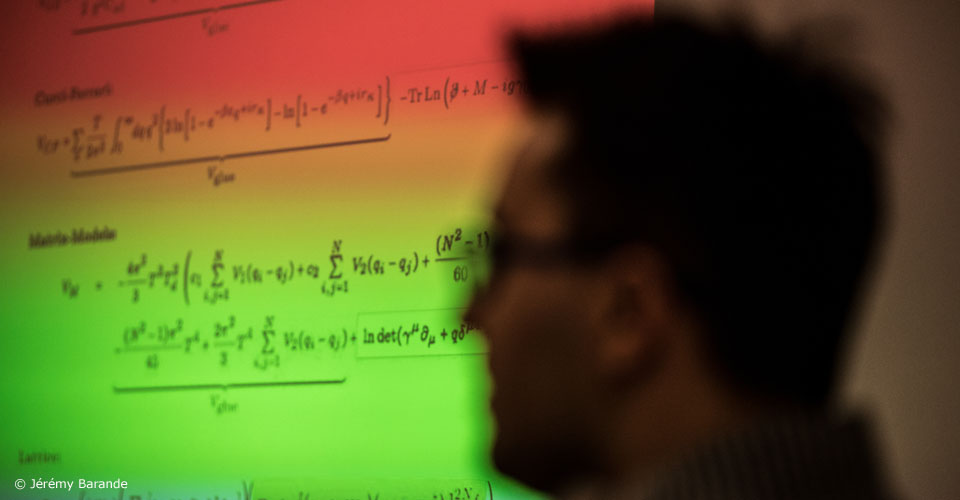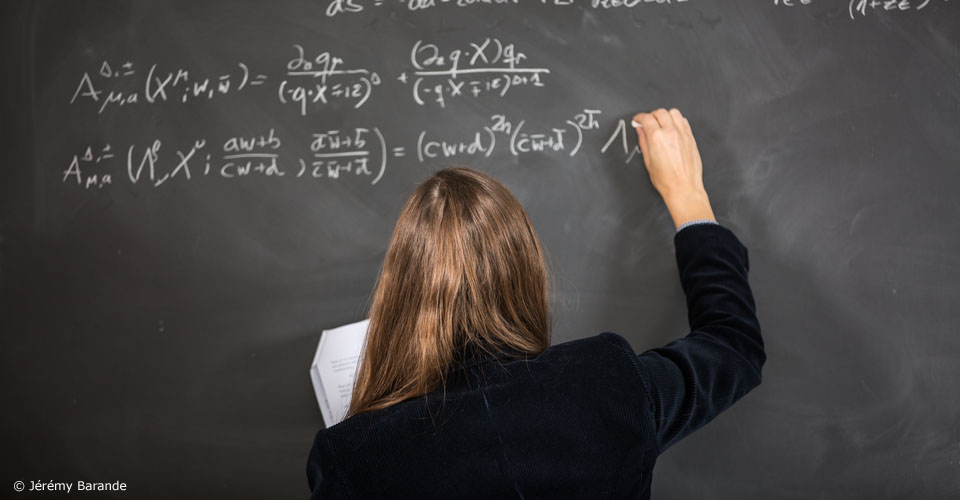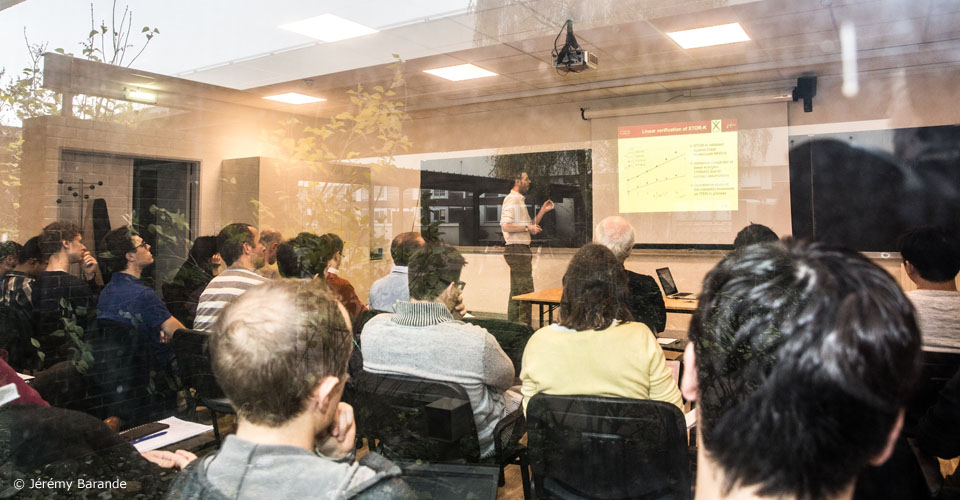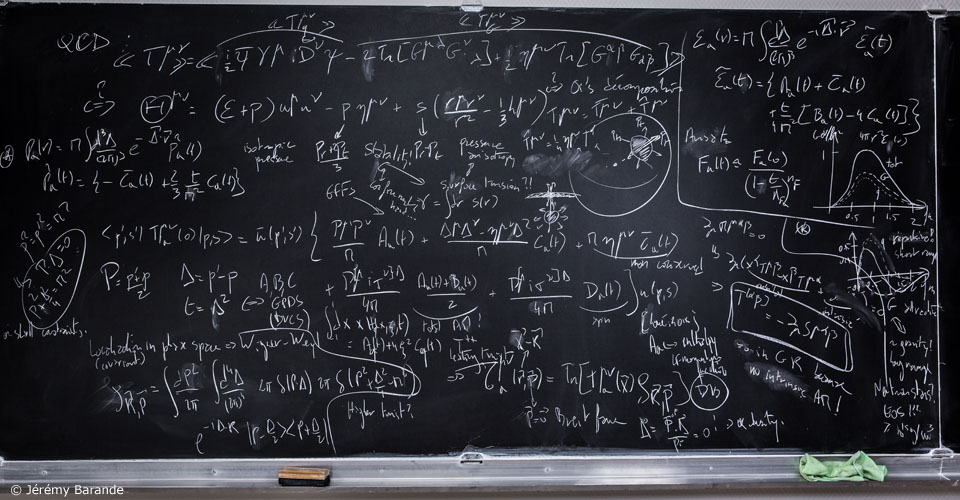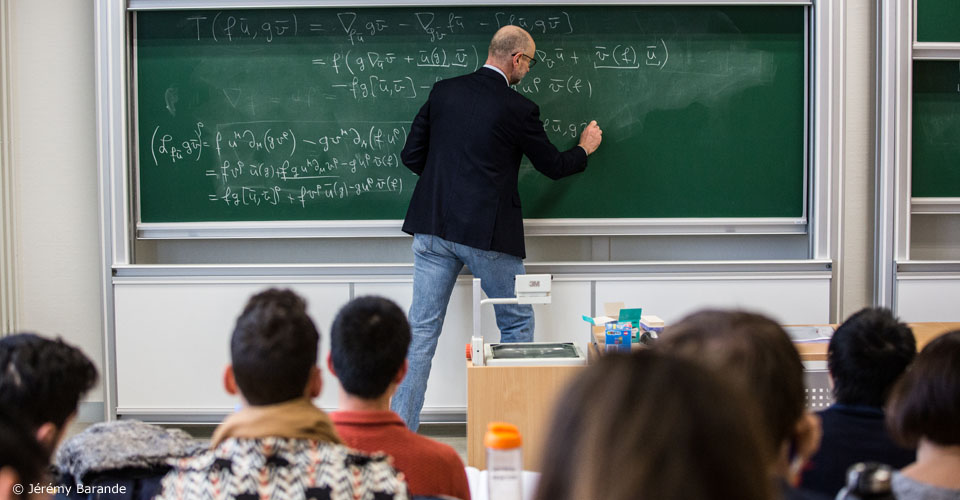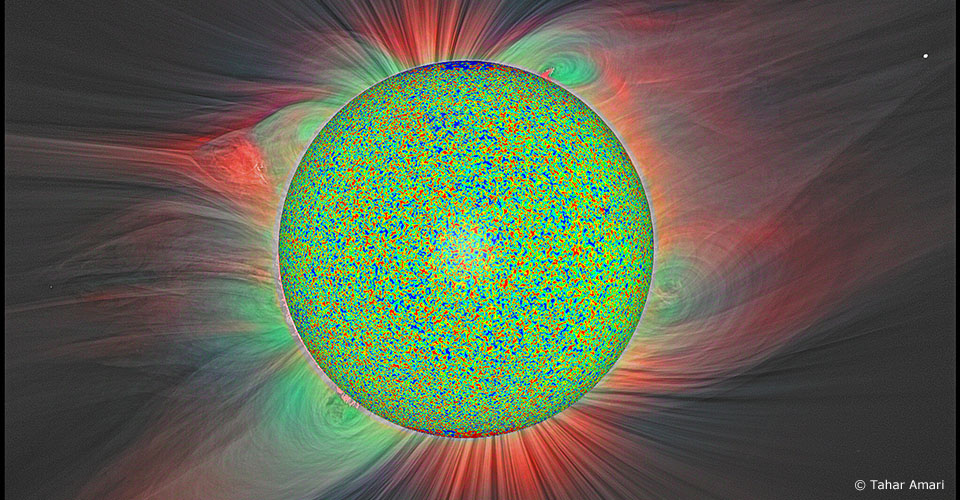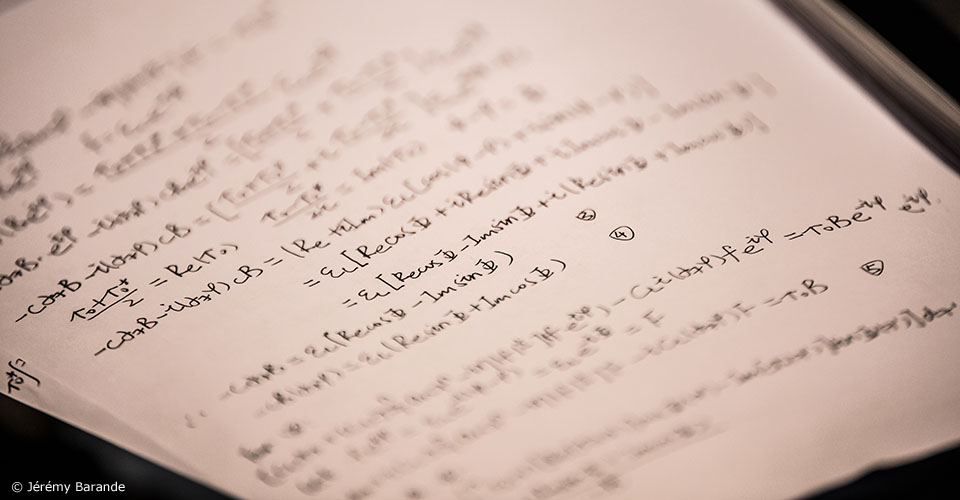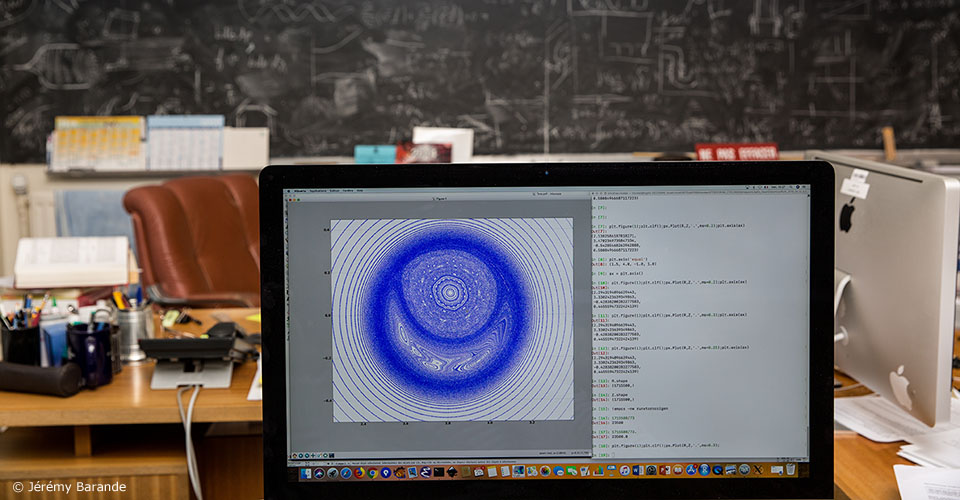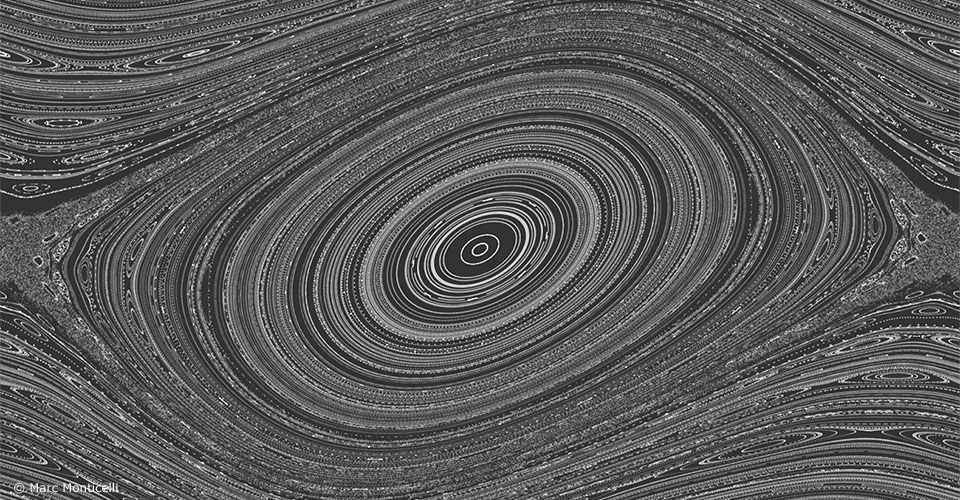Workshop Fluids, black holes, conformal systems and null infinity
Workshop Fluids, black holes, conformal systems and null infinity
December 8th, 2023,
11 am – 6 pm
Salle Louis-Michel CPHT, École polytechnique
Speakers :
11:00-11:30
Blaise Goutéraux (CPHT-École polytechnique, Palaiseau, FRANCE)
Thermodynamics, entropy production and linear dynamical stability
11:45-12:15
Tassos Petkou (Aristotle University, Thessaloniki, GREECE)
Thermal partition functions as conformal graphs
12:30-13:00
Xavier Bekaert (Institut Denis Poisson, Tours, FRANCE)
Carrollian conformal scalar as Minkowskian singleton
Break 13:15-14h30
14:30-15:00
Yannick Herfray (Institut Denis Poisson, Tours, FRANCE)
Super null infinity and its super cuts
15:15-15:45
Olivera Miskovic (Pontificia Universidad Catolica, Valparaiso, CHILE)
Symplectic structure of the light front of field theories
Break 16:00-16h30
16:30-17:00
Simon Pekar (CPHT-École polytechnique, Palaiseau, FRANCE)
Higher-spin symmetry in flat space and its unfolded dynamics
17:15-17:45
Christos Charmousis (IJCLab-UPSaclay, Orsay, FRANCE)
Black holes with primary hair
Rejoindre Zoom Réunion
https://ecolepolytechnique.zoom.us/j/81919853661?pwd=RWc4azd5eFJ4dkkrOVM0OVJIZmlTdz09
ID de réunion: 819 1985 3661
Code secret: 253460
Organizers: Marios Petropoulos, David Rivera-Betancour, Matthieu Vilatte

